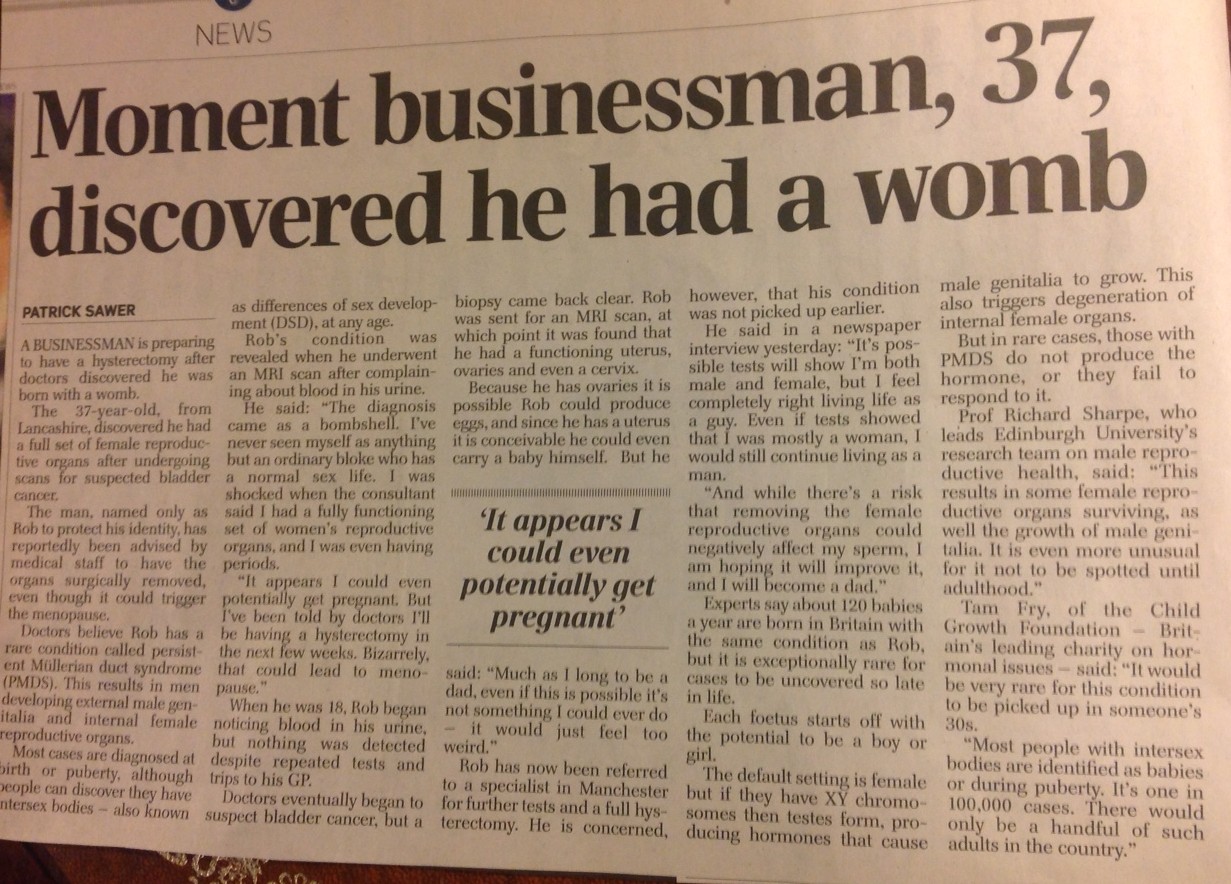Within the media world a subject has been bubbling away recently – and that is the rather unpleasant subject of the so called byline bandit. 
For those not in the industry, this is where a freelancer sources and writes a story – only for it to appear in a publication without their name on it. Incredibly, it appears credited to someone else entirely – usually a staff reporter at the publication who, apart from their name, has added nothing to the story whatsoever.
In fact, one of the revelations of the Leveson Inquiry to surprise the general public was how often this practice goes on.
And now The Sun’s new editor David Dinsmore has made a statement to the industry’s paper, Press Gazette to say how he is stamping byline banditry out. He is quoted as saying: “I’ve spoken to all the desk heads and they’ve agreed it [byline banditry] makes no sense and it won’t happen again.
“The policy has ended…unless the staff person is adding value to a story, I can’t see any reason for their name to be added.”
His pledge follows a piece by journalist Sheron Boyle who told in an article how she toiled for three weeks on a story for The Sun newspaper only to find a staffer’s name appeared on in when it was printed.
At sister website Featureworld we write all of our own stories and we only deal with editors who give a proper credit. This includes credits to collect photos which we insist on appearing with a Featureworld credit.
There are many reasons why we believe the person who wrote the article should always be credited on the copy. For a start that writer has often gone to huge lengths to source and produce a story. It is heartbreaking after all that work to see someone else taking the credit for it. It is also grossly misleading to the public to put someone else’s name, BY XXXXX, on a story when they have not written it.
But it isn’t just because we like to see our own byline at the top of a piece (although of course it is right and proper that it is if we have written it and are the only people to have even spoken with an interviewee). It is vital that for an interviewee the copy is credited to Featureworld.
This is because without our name on top of that copy, or our credit on a photo, that interviewee will lose money. Further deals often come to an interviewee via an article. Even years later we are often contacted by another publication, or television, where the article with our byline on it has come up in a Google search. That person who wants to speak with the interviewee then knows exactly how to get hold of them.
In fact there are often situations where editors, desperate to find the interviewee, have literally contacted every agency going to find out if a story ‘belongs to them’. This is when a staff byline has appeared on it and no-one knows where to go to.
Some publications get round the byline issue by simply ‘forgetting’ to put any byline on copy at all. When the journalist who writes it asks about it they will make some excuse about the layout being changed at the last minute and your name being ‘accidentally missed off.”
Another ruse is asking a journalist to ghostwrite a piece from an interviewee. They then only put By The interviewee’s name. But while the interviewee might be initially flattered to think they have got their name on a story (ghostwritten via a usual interview and then written first person as if they crafted it themselves) the proper practice is to also include at the bottom of the piece: Interview by The Writer’s name.
Again, we feel it is misleading to the public to make them believe this person has written this whole piece by themselves. Added to this if the writer’s name is on the article, anyone else wanting to speak with that interviewee knows who to contact to find them. But there are other issues as well. We once ghostwrote a first person piece for one man, which appeared over two pages of a national newspaper. Unfortunately we were not credited on the article – he was.
The trouble was, he was then inundated with offers from other publications to write more features. He had actually written a book himself – but he quickly found out writing for a magazine or newspaper is a different sort of discipline and he ended up coming to us asking if we could write these articles for him. Of course we couldn’t pretend we were him, so he ended up having to explain to editors that he hadn’t actually written the piece – humiliation that could have been avoided if the proper credit had gone on in the first place.
In her article for Press Gazette Sheron Boyle looked at some of the reasons why there is a temptation for some papers to use a staff byline rather than credit the real writer.
But it is hard to see what this sort of deception achieves. Certainly, after 30 years in this business we can say for sure the idea mooted by some that the staffer is justified because he or she is taking ‘legal responsibility’ by putting his or her name on a piece is nonsense. If there were a legal issue, then believe us, the publication would soon remember who the real writer is…
We believe the real reasons are several. Firstly, a publication would rather the public and rivals didn’t know how much they have relied on freelancers and agencies to fill their papers and magazines. See here for example how much copy when Murray won Wimbledon was created by one agency.
Secondly, they would prefer rivals don’t know who gave them the story (if as an editor you keep seeing someone’s byline in several publications then you might naturally contact them yourself to see if they can send you stories too.)
However, although the byline bandit likes to remind a journalist whose byline they’ve nicked that it will be their name on the cheque, thirdly and crucially, bylines are just as important to staffers too. If you are a staffer trying to make a name for yourself in a huge national newspaper, what better way to do that than for the editor to keep on seeing your byline cropping up in his or her publication?
Some publications might even have some sort of not-publicly-spoken-about ‘byline count’ where staffers worry if their name hasn’t been in the paper for a few weeks that they are not ‘bringing stories in.’ Thus the temptation is to put your byline on some freelance copy and hope that freelancer is too grateful for the money and too frightened to say anything…
However, long term the savvy successful editor champions their freelance contacts by checking the freelancer’s byline is always on their stories. This ensures they are always the person in the editorial conference always coming up with great stories – because freelancers do notice who they are and will send stories to them first.
As the editor of The Sun David Dinsmore says on why he feels it is important to stamp out byline banditry: “We want to encourage people to come to us.”
He is absolutely right.
The truth is the freelancer you didn’t give a byline to might not have complained – but in the longterm the byline bandit will lose out. Luckily there are plenty of trustworthy editors which do believe in accuracy and crediting an article properly. And for all the reasons above, any freelancer will simply send that big exclusive to them instead.



